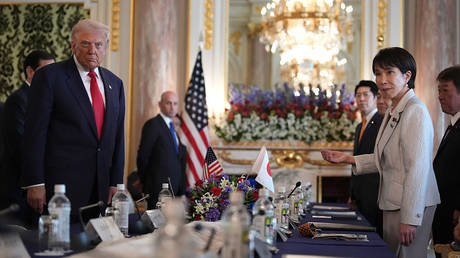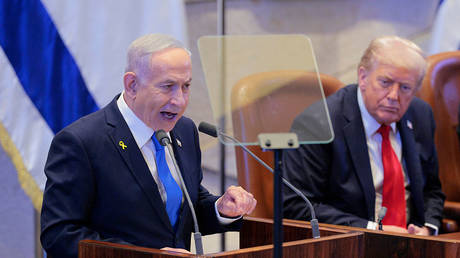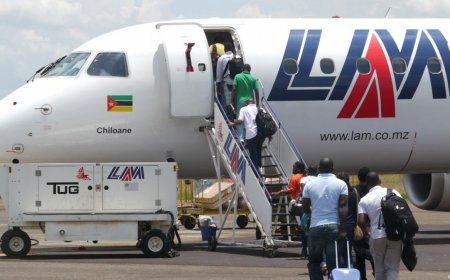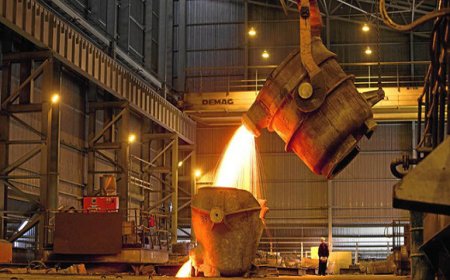Mozambique’s State Oil Firm ENH Pays Executives $42,000 Monthly Amid Economic Hardship
As Mozambique grapples with deepening economic struggles and widening inequality, the latest financial report from Empresa Nacional de Hidrocarbonetos (ENH) reveals that its top executives earned an average of 2.7 million meticais ($42,000) per month in 2023. This revelation follows the leak of a payroll document last year suggesting that some administrators were earning over 3 million meticais ($47,000) per month, with total compensation, including benefits, exceeding 6 million meticais ($94,000). At the time, ENH dismissed these figures as fake news, but the latest disclosure confirms the existence of executive salaries that starkly contrast with the country’s economic realities.
According to the report, ENH spent 162.8 million meticais ($2.55 million) on executive salaries alone in 2023. The company’s overall personnel expenses reached 1.046 billion meticais ($16.4 million) for its 222 employees. The average salary at ENH stands at 392,957 meticais ($6,200) per month—vastly higher than Mozambique’s national average income, which remains below 10,000 meticais ($160) per month.
The publication of these figures coincides with President Daniel Chapo’s acknowledgment, during his inauguration speech, of the country’s dire economic situation. “Many of our fellow citizens still go to bed without a decent meal,” Chapo said, referencing the ongoing struggles of doctors, teachers, and nurses, whose salaries remain far below those of ENH executives despite their essential roles in society.
ENH, a key player in Mozambique’s lucrative natural gas sector, has faced mounting criticism over its resource allocation. While the state-owned firm is involved in major energy projects, including the Rovuma Basin LNG developments, its operations appear to disproportionately benefit a small elite, leaving much of the population without tangible economic gains from the country’s vast hydrocarbon wealth.
The government has vowed to impose stricter oversight on state-owned enterprises, ensuring greater transparency and accountability. In his 100-day governance plan, Chapo pledged to establish independent committees to monitor public-sector investments and corporate decisions, alongside mandatory annual audits conducted by external firms and the Administrative Tribunal. “We want a government that operates in full transparency, with accountability to the people,” he said.
The financial report further reveals that staff expenses accounted for 29.2% of ENH’s net profit, which stood at 3.58 billion meticais ($56 million) in 2023. These figures raise questions about the efficiency of the state-owned company and the urgent need for structural reforms to ensure that Mozambique’s natural resources benefit the broader population rather than a privileged few.
As public pressure mounts for greater financial responsibility in state-owned enterprises, all eyes are on the government to see whether concrete measures will be implemented to curb excessive executive salaries and ensure that Mozambique’s energy wealth contributes to reducing economic disparities rather than deepening them.




















